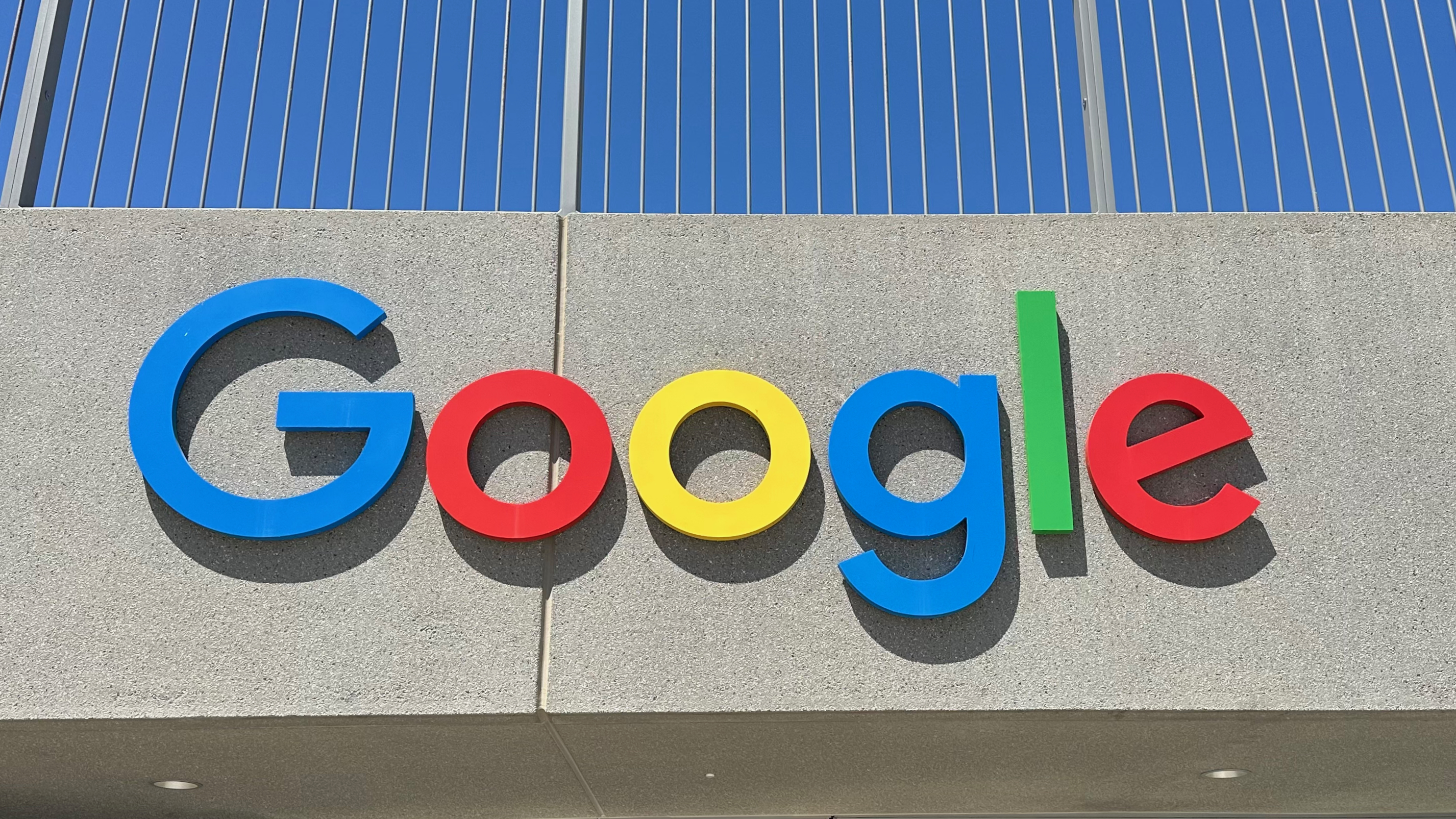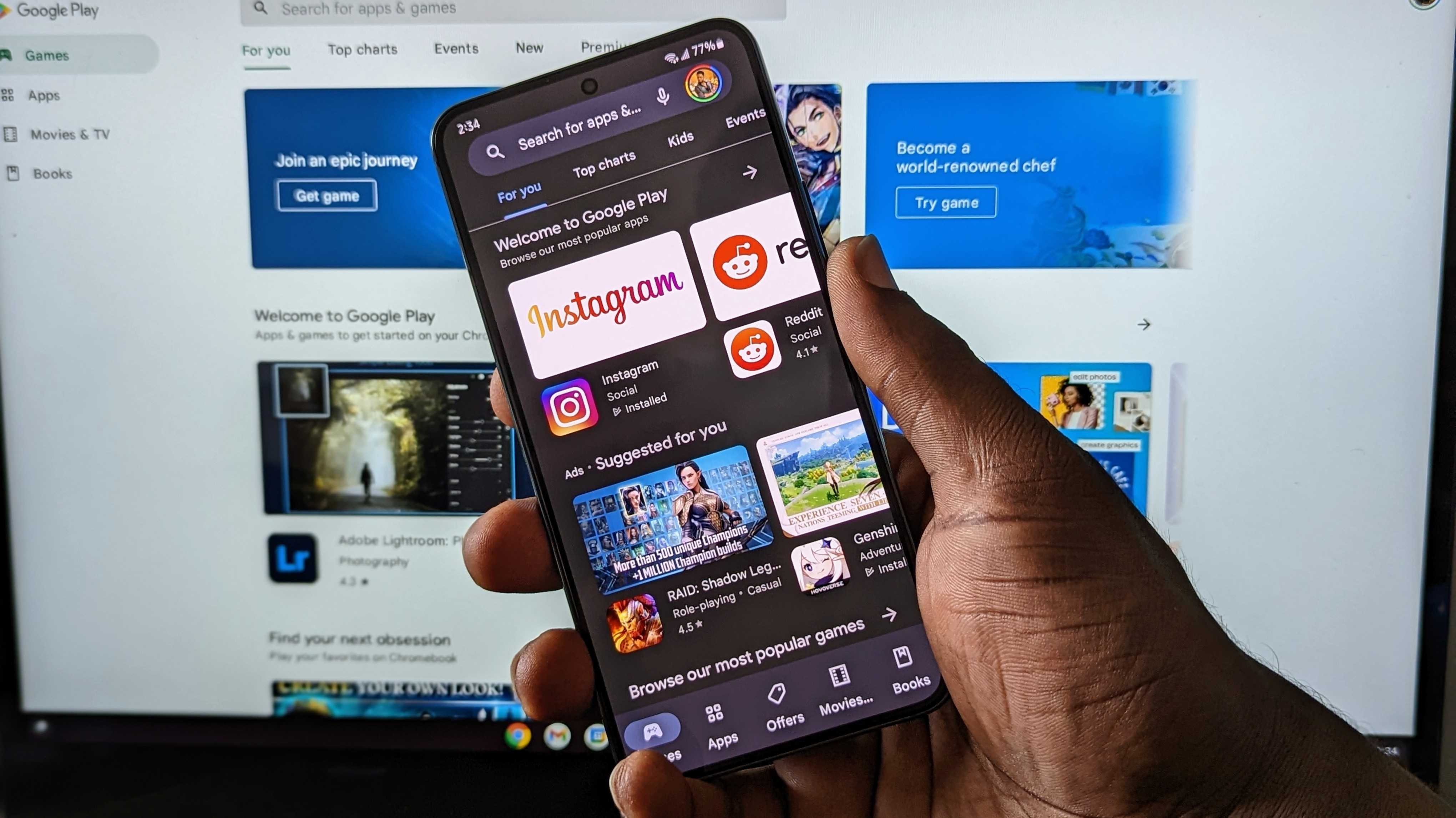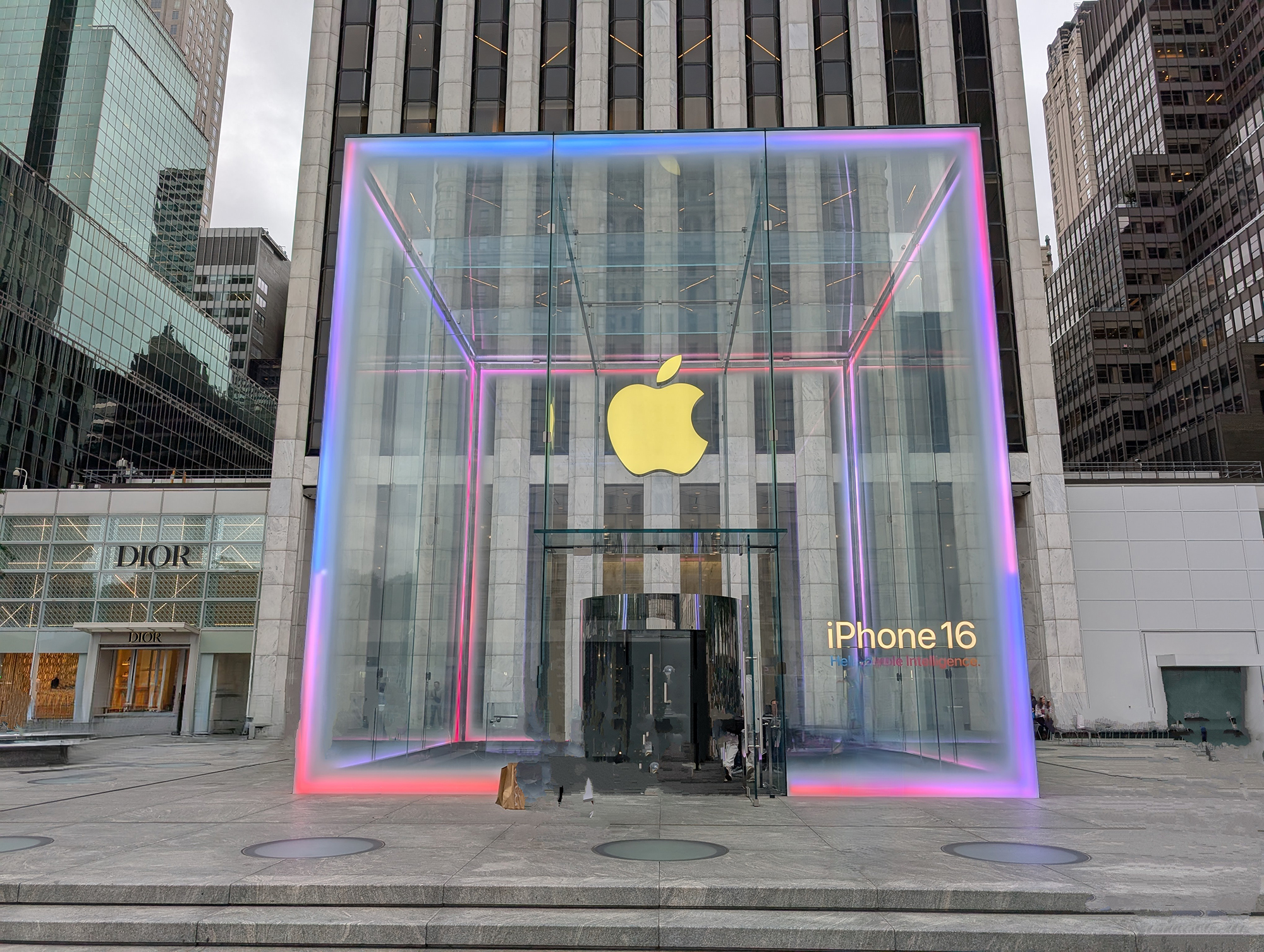Google opening the Play Store to Epic won't go the way Judge Donato seems to think
It may not even happen at all.

Judge James Donato has ruled that Google will be forced to allow third-party app stores to be tied to Google Play as part of the remedy for its anticompetitive practices.
This is the "penalty" phase of the first Epic v. Google trial from 2020, where Google was found to be an illegal monopoly concerning how it regulates the Play Store and its policies towards developers.
There's a list of things Judge Donato has ordered Google to do regarding its billing requirements and payment policies, but the headline is, of course, about how Epic has cracked the Play Store open.
Some of what Google must change is great, including things it never should have done it in the first place. Some of what's in the order is unfair to Google (Donato has stated he is willing to make Google financially suffer as a punishment), and some of it will never happen. As of right now, nobody knows which part is which. Google has already started the appeal process, as expected.
Anyone who has any predictions is speculating. An appeals court could toss the whole thing. It probably won't, but like everyone else, I have some predictions of my own.
Everything in regard to how Google treats third-party payments is going to stay as ordered. And it should. It's unfair for Google to not allow a developer to tell you how you can close the Play Store, visit a website, make a purchase, and enter a code inside an app. Google wants this because it wants 30% of the money involved. (hint — you can do this for YouTube Premium and save money, too)

The "opening of the Play Store" can't work as described. As ordered, Google must allow Epic (for example) to put the Epic Games store app in Google Play, have access to every app on the store, and collect payments without going through Google unless a developer opts out of this process. It sounds good and is certainly a way to make Google pay for its sins, but it's a technical nightmare that will never work as described.
Get the latest news from Android Central, your trusted companion in the world of Android
Some of this ruling shouldn't stand — Google should be allowed to compensate developers for exclusive access the same way Microsoft, Sony, Apple, and Epic Games do. But these are the small potatoes stuff compared to Google being forced to grant Play Store access to any third party for three years.
Of course, you're going to see a lot of people mention Apple. It's the low-hanging fruit because it can get away with doing the same things Google is in trouble over. Even Google is talking about Apple in its blog post, telling the world how unfair this ruling is.
I've seen a lot of explanations about how Apple was able to get away with it. Apple is not a monopoly. Apple never said it was open. Apple doesn't license its software. Probably all valid points, but the best explanation I've heard is, "Apple had a different judge."

That's important to remember. Judges, even district court judges, are very qualified arbiters of the law (usually). But a Master's Degree in the Arts and a law school degree from even the best school doesn't mean you understand tech. They do their best and sometimes it works. Other times, it doesn't.
We knew this was coming, and Donato's demeanor towards Google meant that this wasn't a big surprise. We're also set to hear yet another case from Epic against Google and Samsung and will likely keep seeing them until Epic can get what it wants.
In the meantime, expect this one to be the same as Epic v. Apple was: a long, drawn-out appeal with a final ruling that doesn't have the same bite to it as the original did. Either way, Google and Epic are both going to be fine and still able to grow their wealth.

Jerry is an amateur woodworker and struggling shade tree mechanic. There's nothing he can't take apart, but many things he can't reassemble. You'll find him writing and speaking his loud opinion on Android Central and occasionally on Threads.
You must confirm your public display name before commenting
Please logout and then login again, you will then be prompted to enter your display name.
